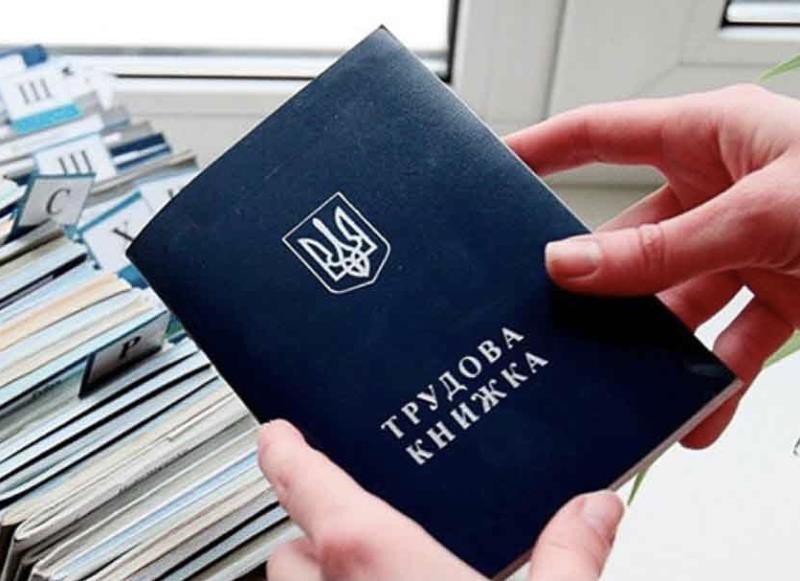Lawyer
The introduction of martial law creates numerous challenges for employees and employers. Ensuring the observance of the labor rights of employees in the conditions of martial law is an important task that requires proper legal support. In this article, we will consider the main aspects of the labor rights of workers under martial law and the role of lawyers in their protection.
Consultation of a lawyer
Consulting a lawyer is an important step for employees facing labor relations problems during martial law. A lawyer helps to understand the legal aspects and determine the best ways to protect your rights. The main issues requiring legal advice include:
Rights and responsibilities of employees. The lawyer explains what rights employees have during martial law and what changes may be made to labor legislation.
The procedure for terminating an employment contract. The lawyer advises on the procedure for terminating the employment contract, downsizing and dismissing employees under martial law.
Social guarantees. The lawyer provides information about social guarantees that can be provided to workers affected by military actions.
Document analysis
Document analysis is an important part of a lawyer's work in protecting the labor rights of employees under martial law. The main documents to be analyzed include:
Employment contracts. A lawyer analyzes the terms of employment contracts to determine whether the rights of employees have been violated.
Orders and orders of the employer. The lawyer checks the legality of the employer's orders and orders regarding changes in labor relations, reductions or dismissals.
Documents confirming the violation of rights. These can be employee complaints, trade union decisions, inspection reports, etc. The lawyer analyzes these documents to determine the facts of violation of labor rights.
Legal opinion
After analyzing the documents, the lawyer provides a legal opinion, which includes an assessment of the legal situation and recommendations for further actions. A legal opinion may include:
Assessment of compliance with labor rights. The lawyer assesses whether the rights of employees have been respected and determines possible violations by the employer.
Recommendations on protection of rights. The lawyer provides specific recommendations on the protection of labor rights, including filing complaints with state authorities, going to court, etc.
Strategy of legal struggle. A legal opinion can also include the development of a legal fight strategy that takes into account all the circumstances and possible risks.
Legal opinion of the lawyer
In more complex cases, where additional legal expertise is required, employees may contact an attorney for a legal opinion. A lawyer's legal opinion is a more detailed document that may include:
Deep analysis of the legal situation. The lawyer conducts a comprehensive analysis of the legal situation, taking into account all available facts, documents and evidence.
Proposals for legal aid. The lawyer provides detailed recommendations on the provision of legal assistance, including possible lawsuits, mediation, appeals to international organizations, etc.
Development of a detailed legal strategy. The lawyer's legal opinion includes the development of a detailed legal strategy that takes into account all possible legal mechanisms for protecting the rights of employees.
Basic aspects of labor rights under martial law
Saving jobs
One of the most important aspects is the preservation of jobs. Employers must take all possible measures to ensure employment stability. A lawyer helps employees understand their rights to keep their jobs and possible compensation in the event of layoffs.
Payments and compensations
Workers must receive proper benefits and compensation, even under martial law. This applies to wages, payments in connection with temporary incapacity for work, compensation for unused vacations, etc. The lawyer advises on the calculation and receipt of these payments.
The right to safety
Employees have the right to safe working conditions. This is especially true in the conditions of martial law, when security may be compromised by hostilities. Employers are required to provide adequate safety measures, and lawyers help employees enforce these obligations.
Conclusions
Ensuring compliance with the labor rights of workers under martial law is an important task that requires a comprehensive approach and close cooperation between workers, employers and legal professionals. Consulting a lawyer, analyzing documents, providing a legal opinion and a legal opinion of an attorney are key stages that help protect the rights of employees and ensure their interests in difficult conditions.

































